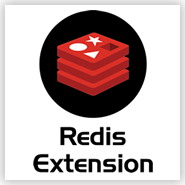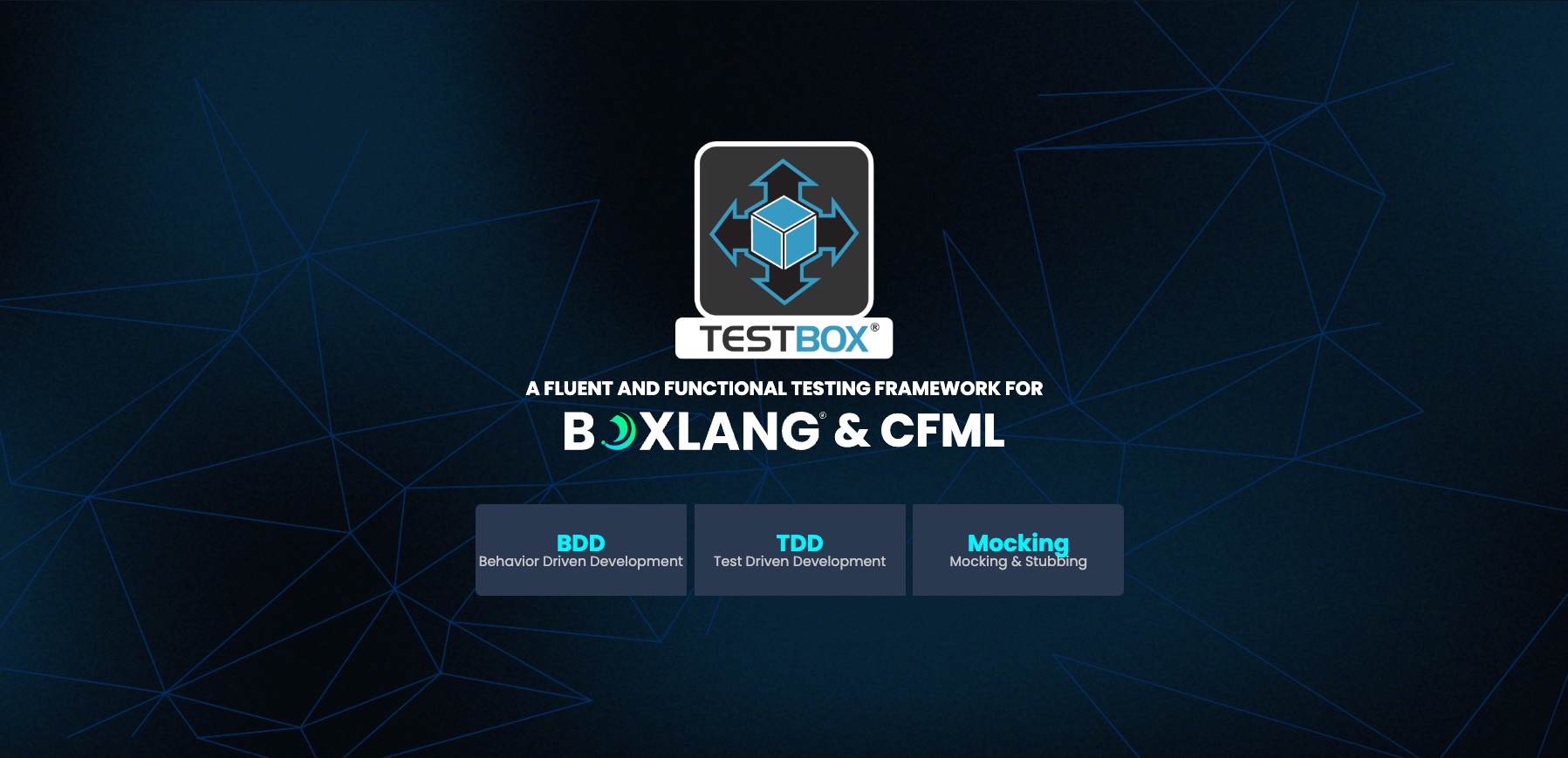
We are very excited to bring you another release for our Redis Lucee Extension. This is a minor release and it sports quite a few updates thanks to customer feedback, especially on clients working with hosted Redis solutions that would required SSL and password authentication. We have expanded the connections to have more configuration parameters, especially if you are dealing with high traffic applications.
Overview
The Redis Lucee Extension allows you to natively connect to a Redis Server cluster and leverage it for distributed caching, session/client storage and distribution, cluster RAM file systems, and much more. It can allow your Lucee servers to scale and extend easily by leveraging Redis Server as the platform of choice for session/cluster managements, caching and virtual file-systems.
If you have ever asked yourself these questions, then our Lucee Extension can help you:
- Want to use round-robin balancing instead of sticky sessions?
- How do you deal with session/client information when you have more than 1 server in your cluster?
- How can I scale my Lucee servers when I am running out of RAM?
- Do you want your users to still be logged in even if a server in my cluster dies or is restarted?
- Do you want to have a cluster-wide file system?
- Are you using a container based deployment and need off heap peristence?
- Do you want to be able to cache data in a distributed and elastic fashion?
We have been working with Redis Server for many years and it has been a true pleasure to not only build scalable farms with it, but also it is incredibly responsive when it comes down to key-value storage and caching transactions.
v1.3.0 Release Notes
Bugs
- [LRE-1] - Init methods on the cache constructor are not static
- [LRE-6] - Major fix for session expirations when using session clusters with Lucee
New Features
- [LRE-3] - ForgeBox autopublishing and s3 assets
- [LRE-4] - Added more verbose logging on all methods that require it
- [LRE-5] - Added more logging for exception handling
- [LRE-8] - Add docker setup on the docs
- [LRE-10] - Ability to add ssl and passwords to redis connections
- [LRE-11] - Ability to add timeouts, max connections and max idle connections to connection configuration
Improvements
- [LRE-7] - Removed tests source from final package to reduce binary size
- [LRE-9] - Stop gap for -1 sessions for edge case of empty onSessionStart regression bug in Lucee 5.3
Capabilities
Here are some of the major features of our Redis Extension:
- Add Native Redis functionality to any Lucee CFML application
- Install at the server level (Available to all contexts)
- Create Cache connections in the Lucee administrator to connect to any network-accessible Redis cluster
- Set and get objects from Redis via standard CFML functions and tags
cachePut(), cacheGet(), <cfcache action="get|put"> - Fully supports all built-in Lucee cache functions including wildcard filters
- Seamlessly distribute storage of the following to any bucket in a Redis cluster
- Lucee session storage
- Lucee client storage
- Lucee RAM resource
ram://...
- Seamlessly cache the following to any timeout-sensitive bucket in a Redis cluster
- Results of database queries
<cfquery cachedwithin> - Results of deterministic functions
<cffunction cachedwithin> - Complex or simple objects in your application's code
- Cached templates
<cfcache action="content|cache|serverCache">
- Results of database queries
- Registers new CFML Built-In Functions (BIFs) for native Java access to Redis
- Extremely lightweight and fast
- Native Redis functions:
RedisGetConnectionPool( cacheName ), RedisGetProvider( cacheName )
Resources
Please visit our Extension page for all the necessary resources.




Add Your Comment